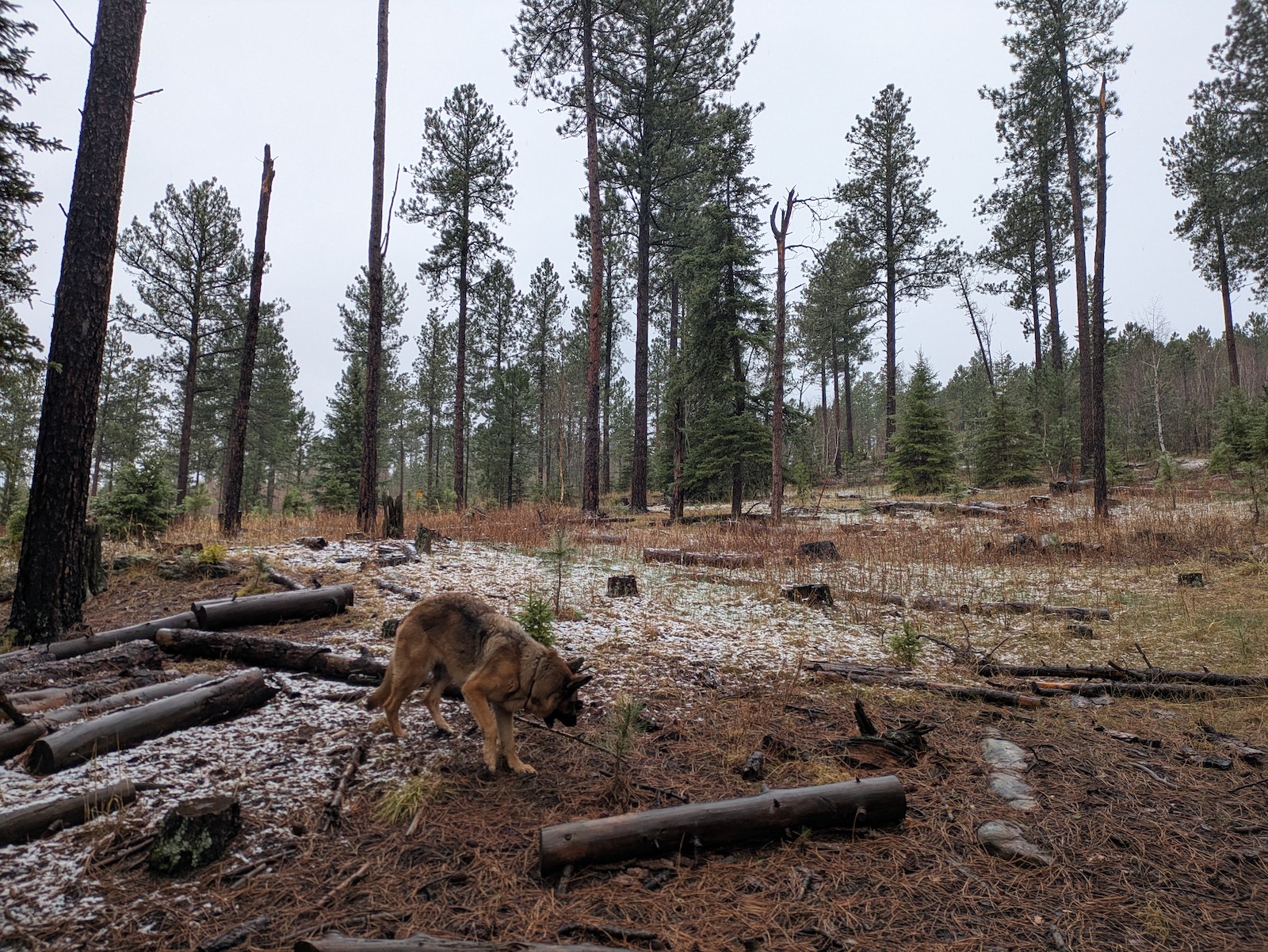Now Reading: Black Hills Controversy: US Faces Criticism Over Logging in Disputed Land
-
01
Black Hills Controversy: US Faces Criticism Over Logging in Disputed Land
Black Hills Controversy: US Faces Criticism Over Logging in Disputed Land

Quick Summary
- location & significance: Black Hills national Forest spans 1.5 million acres across South Dakota and Wyoming. Historically managed by the Lakota people, it is now subject to aggressive logging initiatives tied to climate change, drought, wildfire risk, and timber production policies.
- Trump Governance Policies: Recent executive orders by the Trump administration push for expanded timber production and eased environmental reviews amidst “emergency” wildfire risks. Nearly 60% of the forest is now designated for fast-tracked logging under USDA directives.
- Conflict with Indigenous Rights: These directives conflict with prior agreements between tribal nations like Oceti Sakowin Oyate and U.S. agencies on cooperative planning for forest management, climate protection, and cultural resource preservation.
- Ecological Impact: Deforestation risks include reducing carbon storage capacity of trees vital to combating global warming, threatening endangered species such as gray wolves in the black Hills region, increasing invasive grassland species spread, and exacerbating soil instability in logged areas.
- Industry Perspective vs Conservationists: Timber industry groups support increased logging quotas citing adequate standing live volume of trees; conservationists argue remaining marketable trees are too few due to decades of overharvesting combined with beetle infestations worsened by climate change.
- Ancient Context: The U.S. legally recognized theft of Black Hills from Lakota tribes through a Supreme Court ruling in 1980 but has yet to return land despite mounting Indigenous calls supported globally by bodies like the United Nations.
Indian Opinion Analysis
The developments surrounding Black Hills National Forest exemplify broader tensions between economic interests (timber production) versus environmental sustainability and Indigenous rights-a critical issue globally but especially poignant given India’s own diverse ecosystems needing balance between progress goals and ecological integrity.
From an ecological standpoint relevant to India’s similar forestry challenges (e.g., Western Ghats or Himalayan regions), overharvesting without strategic long-term management can lead forests into irreversible decline-impacting biodiversity loss while undermining their carbon storage potential amid worsening climate conditions. Striking parallels emerge regarding managing sacred or culturally meaningful spaces alongside sustainable forestry practices; India’s ongoing implementations following recommendations from customary communities might serve benchmarks adapting “Land-back.”
Furthermore discussions abroad power remind For Karnataka-Gujarat infrastructure models being growth-centered eventually makers directed sensitive meerderheid-backed remediation-inclusive loggings allowing harmony balances future generations Read more #



























